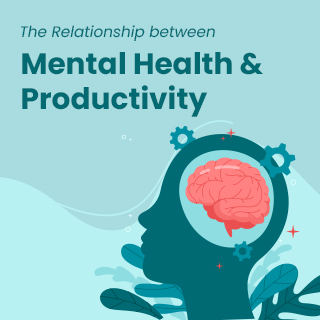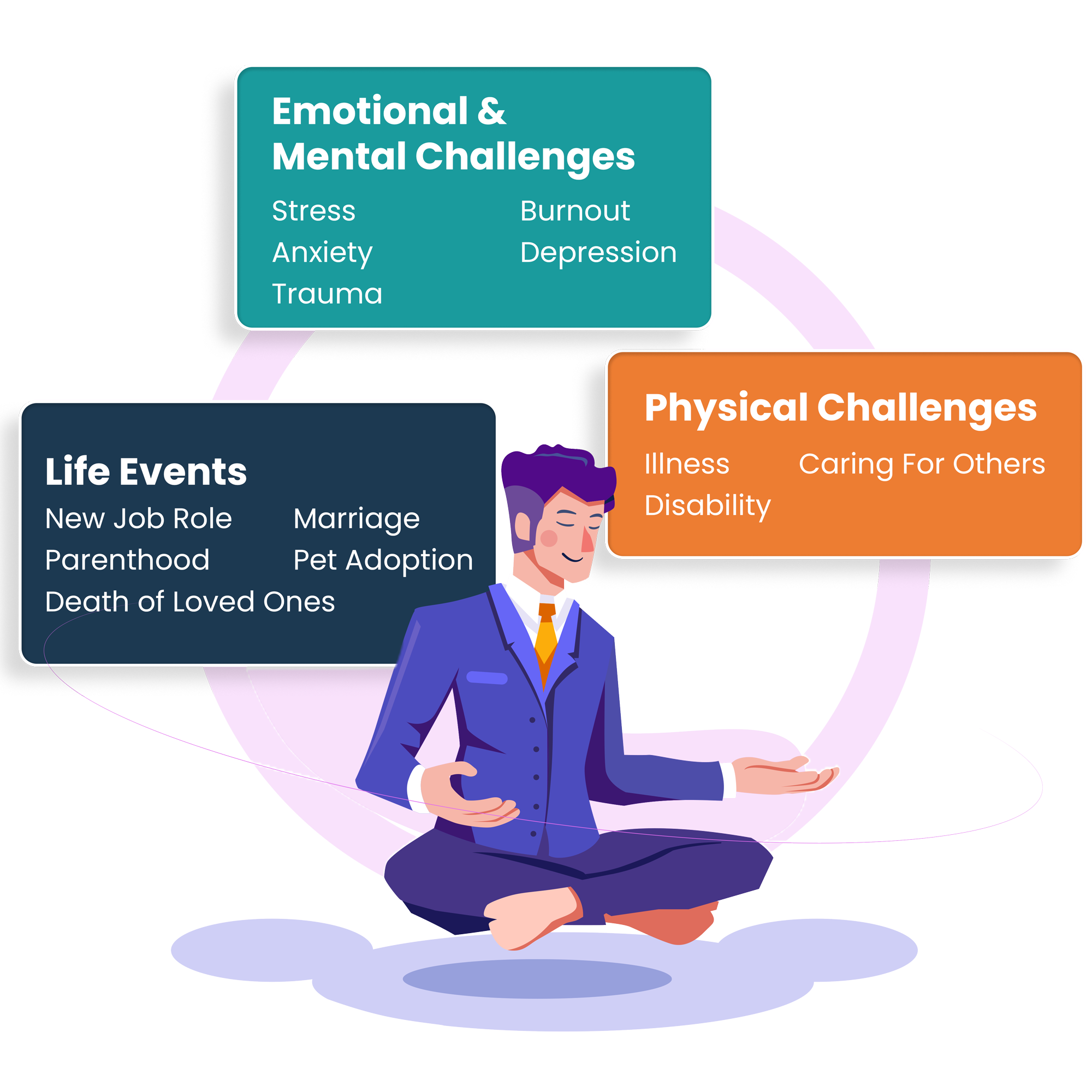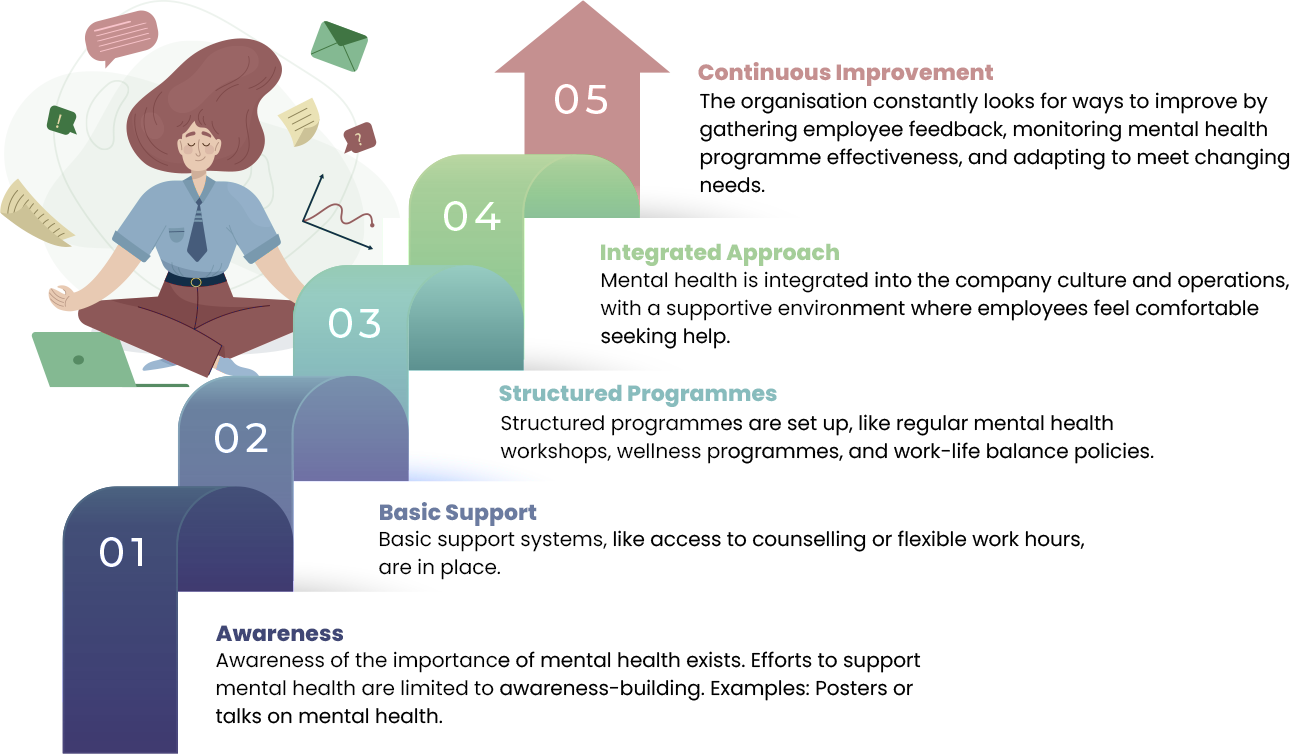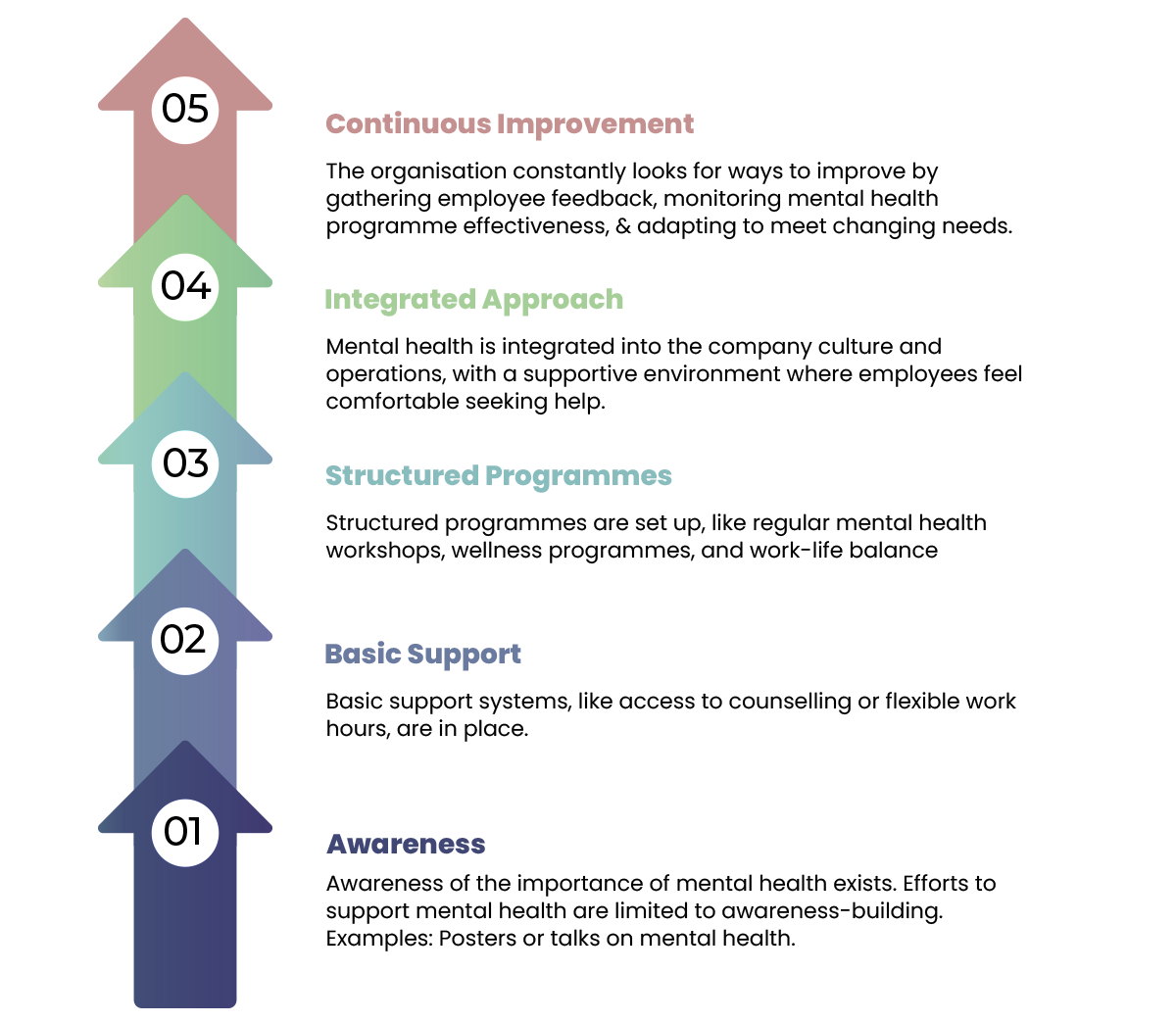The success of any organisation lies in the hands of its employees. When employee mental health is compromised, performance, decision-making abilities, and ability to focus may be severely impacted.
Organisational mental health programmes strive to create a work environment, support systems, and company culture that prevent, alleviate, and support work-related mental health issues among employees.
Comprehensive mental wellness programmes for organisations are relatively new. Many organisations limit their wellness efforts to counselling, generally offered through an employee assistance programme. MARG’s Wellness Programmes aim to support and boost employee mental health through a range of services and solutions, including wellness consulting, training and education, counselling, and support creating wellness-friendly employee policies and benefits. Our programmes are customised for each organisation, depending on their wellness maturity and specific needs.
You can elevate employee mental health in various ways.
Build a safe and supportive culture: This lessens the stigma associated with mental health issues and makes employees feel comfortable discussing their struggles.
Offer relevant benefits: Help employees cope better with mental health issues through mental-health-focused initiatives like counselling, mental health resources, and support groups.
Provide flexibility: Introduce flexible work hours and full or partial remote work for happier, more productive employees.
Through detailed assessments and on-going consulting, MARG Wellness creates custom wellness programmes that help you build a healthy workforce.
Mental-health focused education and training creates awareness, helps build a safe and supportive work culture, aids in managing stress and achieving a good work-life balance, and supports those with mental health concerns in the workplace. These training and education programmes also equip managers to recognise and support employees who are struggling.
Training creates awareness on mental health issues, breaks taboos, and fosters empathy in the workplace. Workshops and programmes on mental wellness and trauma also help leaders and managers recognise and address signs of poor mental health among employees.
Comprehensive programmes like MARG Wellness offer tailored initiatives to help promote
wellbeing—and, by extension, effectiveness—among employees. Such programmes may
offer wellness-focused consulting, counselling, education and training, and assistance in
setting up wellness-centred employee policies and benefits. By setting up a wellness
programme to manage your employees’ mental health, you’ll be able to truly understand and
anticipate their needs, create awareness, and build a culture that nurtures mental wellness.
This creates happy, loyal employees who bring their best to work each day, yielding high
returns in productivity and performance.










